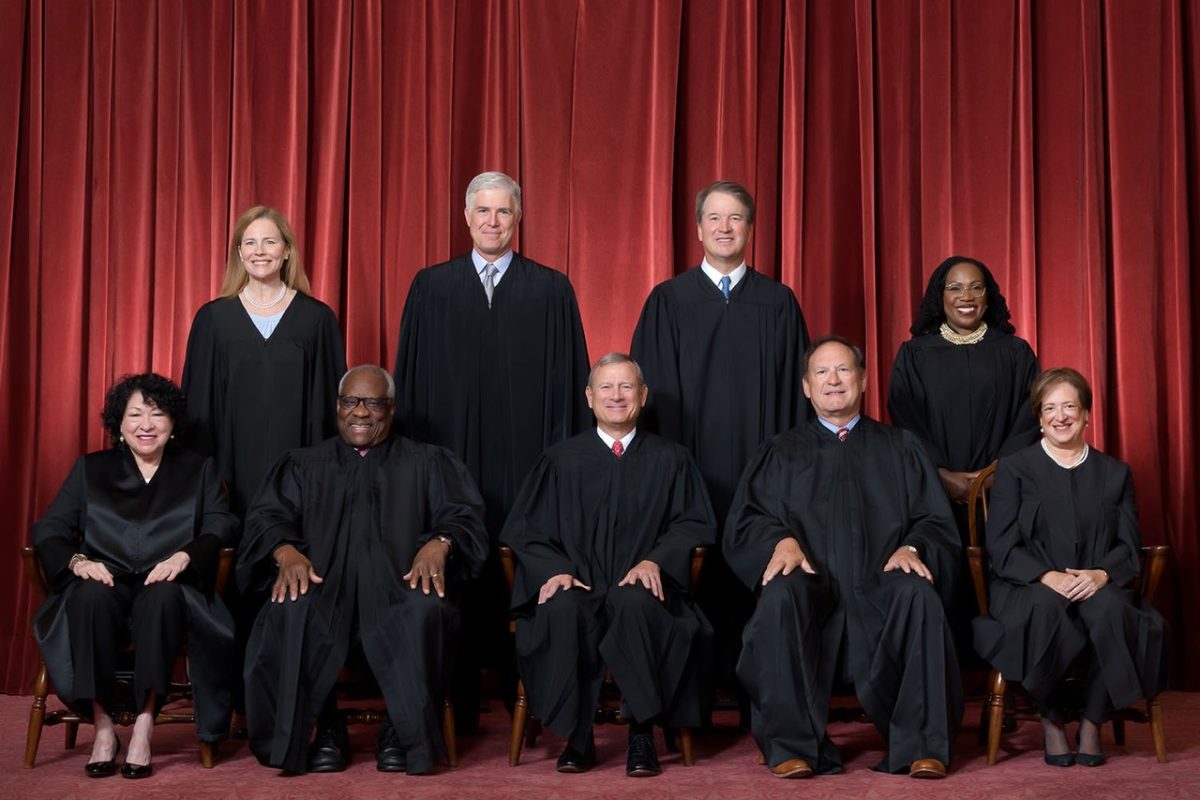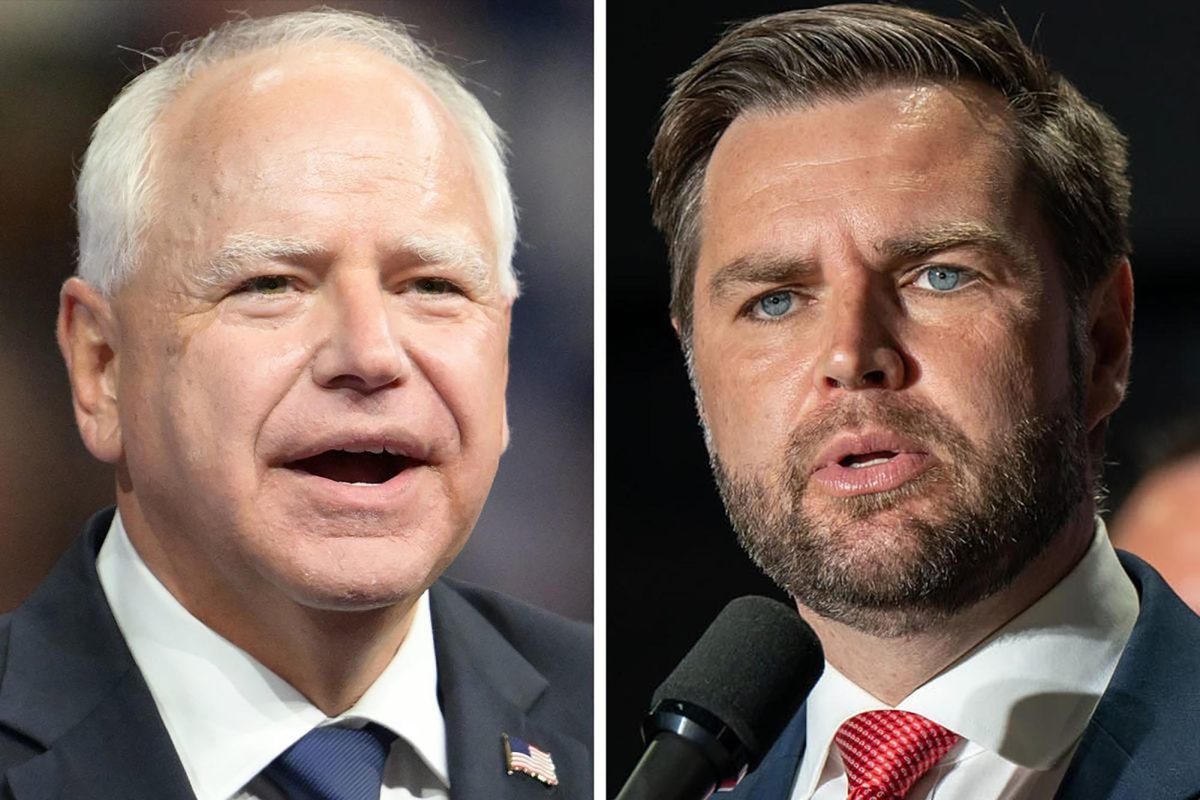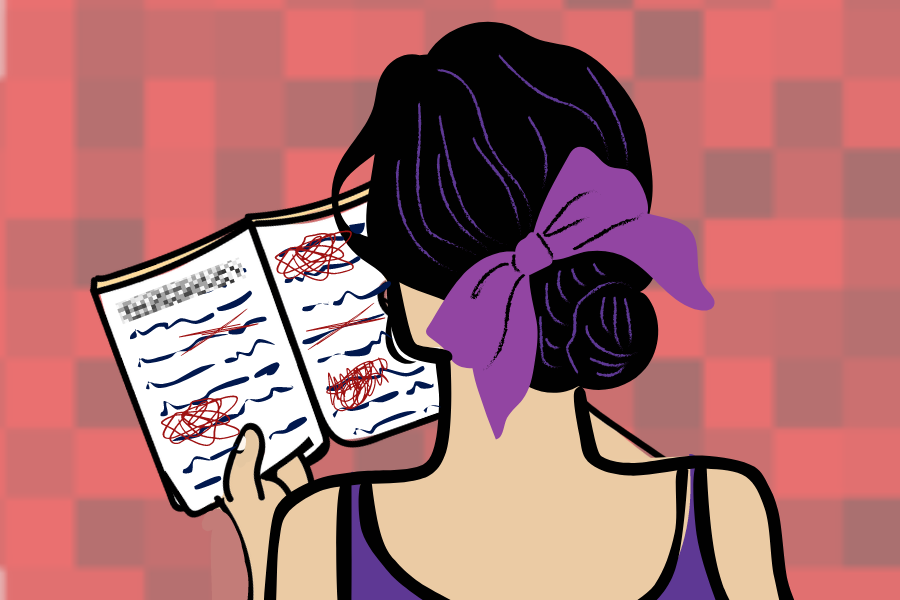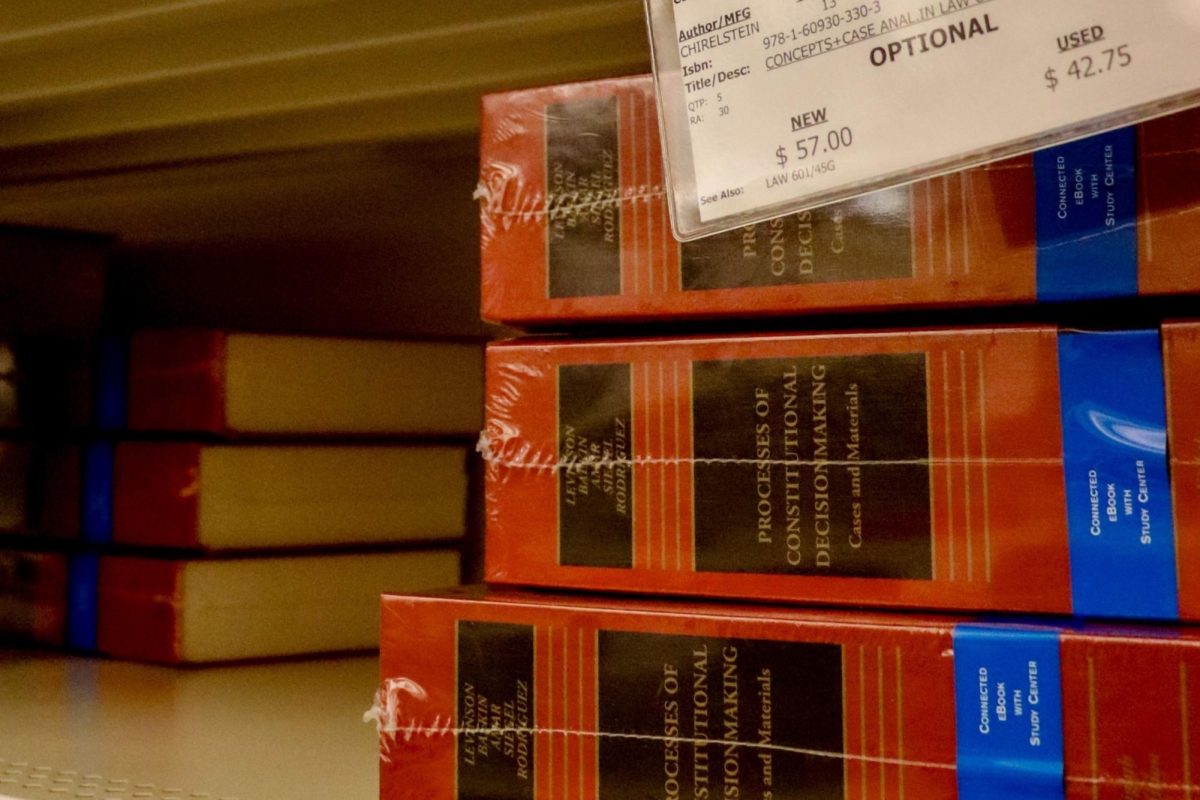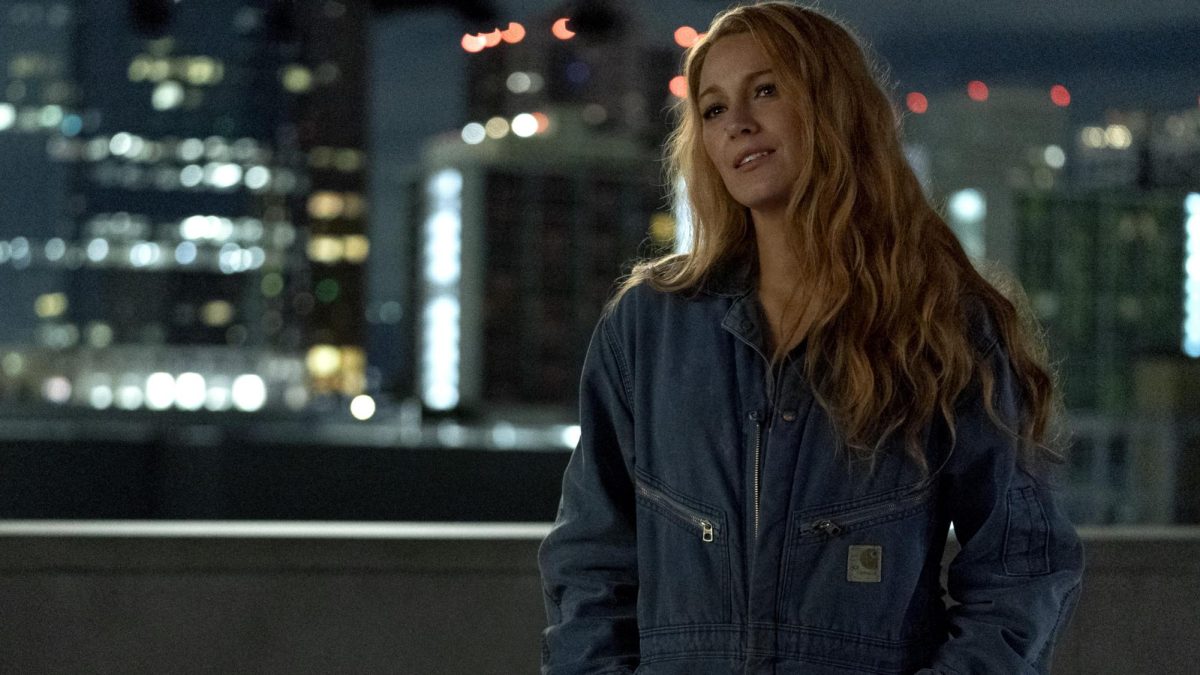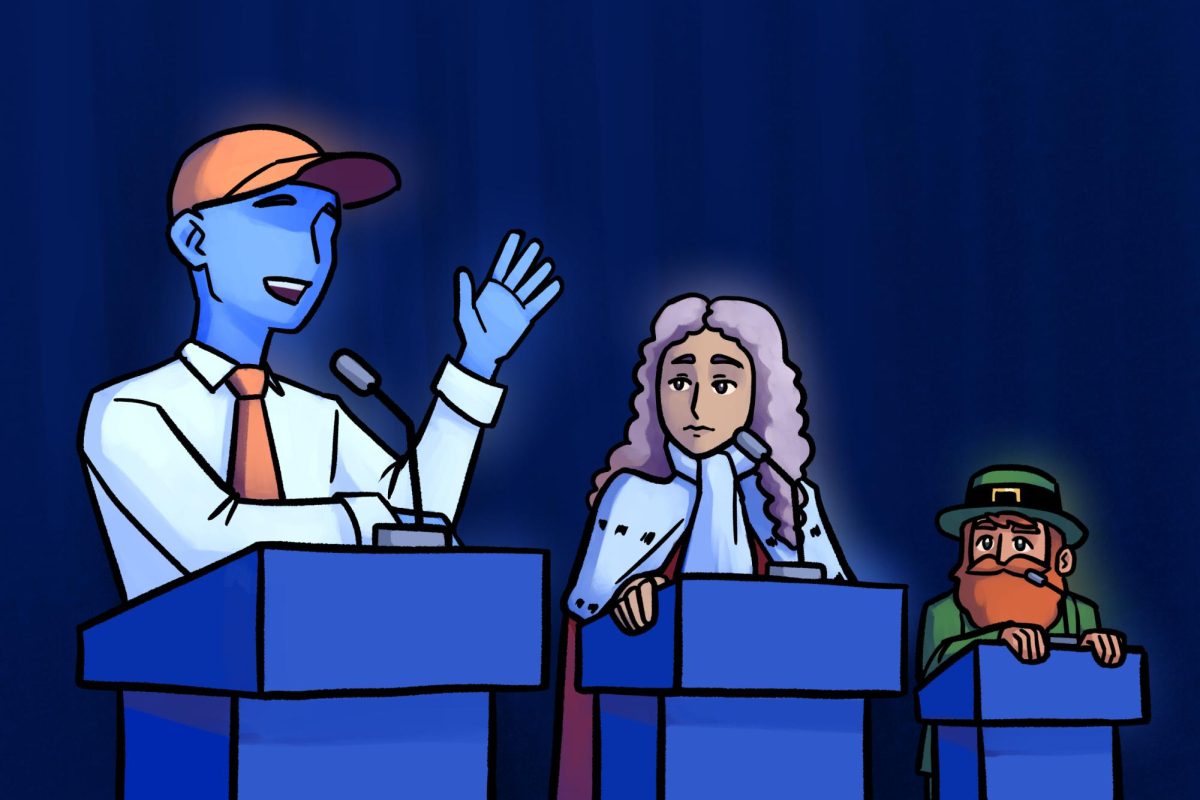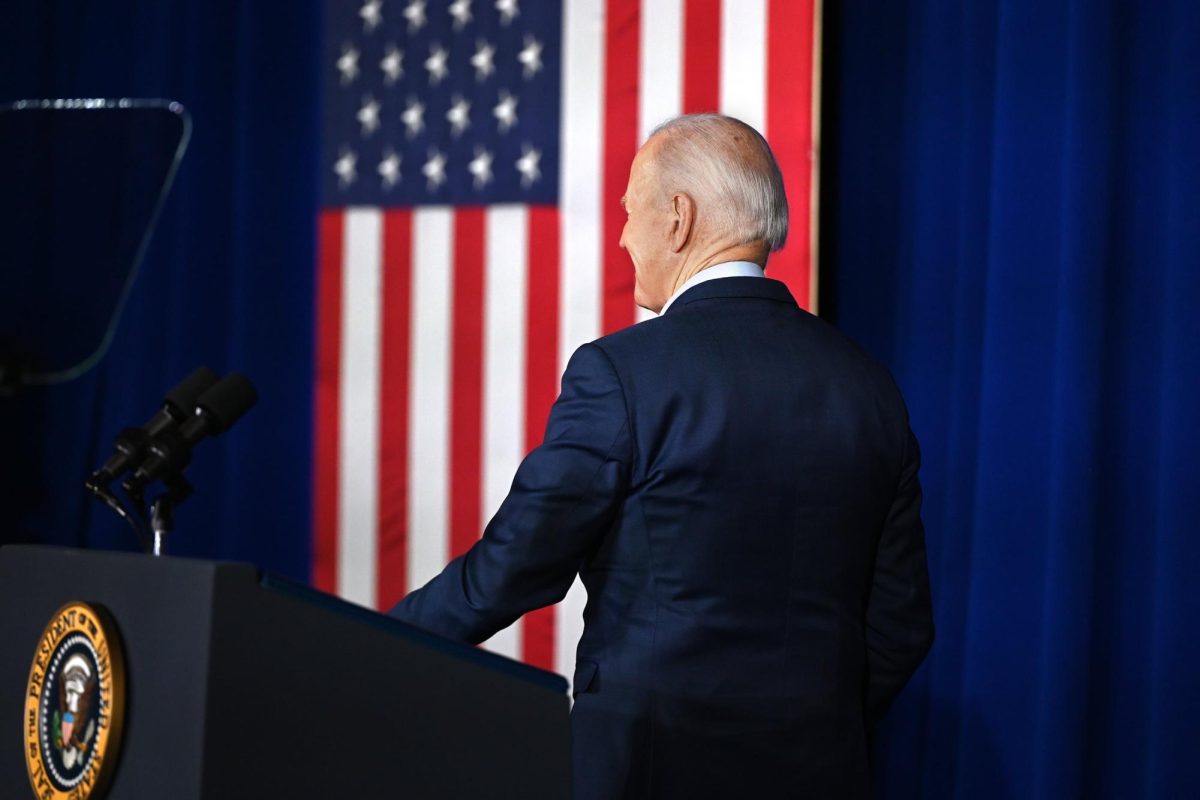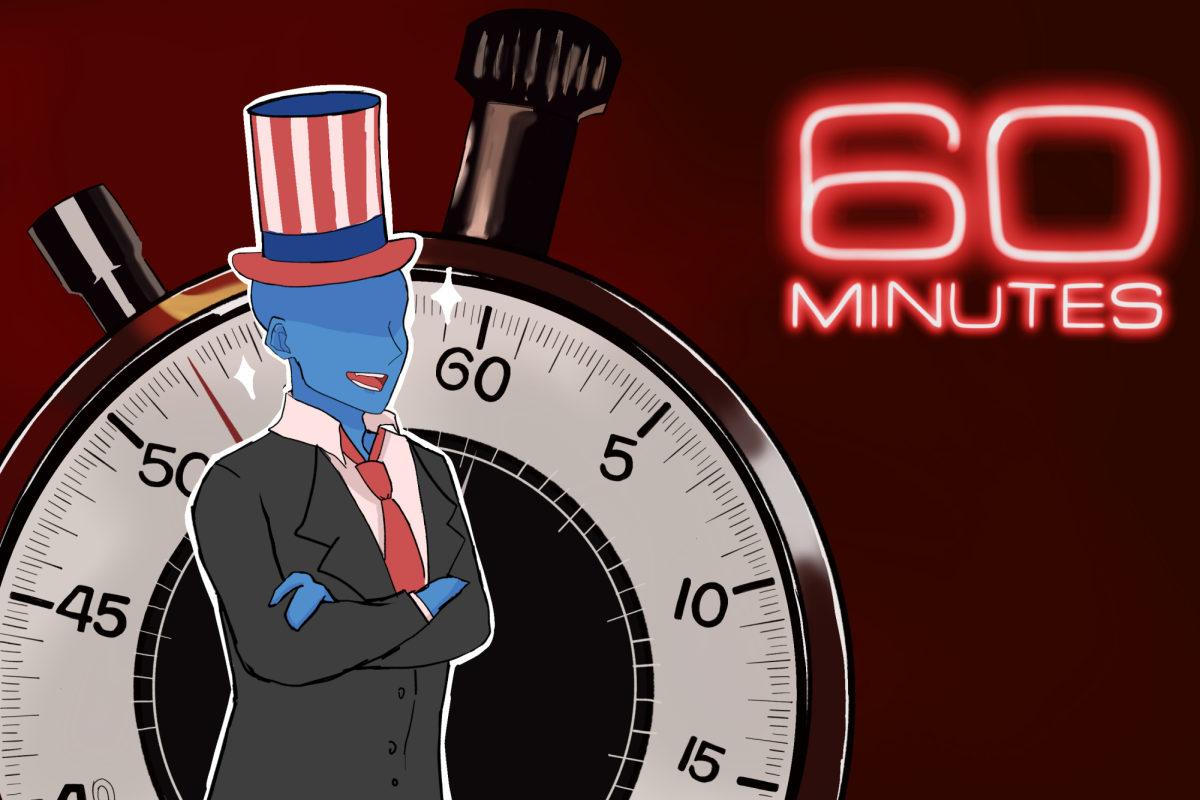In 2023, the Supreme Court passed down many controversial legal decisions that resulted in negative effects for Americans, such as preventing student loan debt forgiveness, dismantling affirmative action and reducing civil rights. Following this trend, it must now decide whether or not to give itself even more power — over the administrative state and federal policymaking in particular.
On Jan. 17, the Supreme Court heard oral arguments for the cases Loper Bright Enterprises v. Raimondo and Relentless, Inc. v. Department of Commerce. These cases examine whether it’s constitutional to let federal agencies interpret ambiguous congressional statutes. Normally, when Congress passes a broad bill, it is up to the federal agencies to interpret what the intent of Congress was with that specific wording.
The ability to interpret this legislation is crucial in the functioning of federal agencies, as they were designed to quickly respond to changes in the world and technology without needing permission via a bill passed by Congress. Additionally, the current administration staffs these agencies with experts who have specific knowledge that congressional members don’t — the knowledge that can fill the gaps left in legislation.
However, after hearing oral arguments, it is clear that the conservative majority on the bench believes that it would be better if the courts were the ones determining these granular policy decisions instead of the experts at these agencies who make them on a normal basis.
This comes down to the Chevron deference doctrine — a rule formed through continuous legal precedent. It was created by the Supreme Court in the 1980s to handle the developments of the administrative state, or the power that government agencies have in enforcing laws.
Get The Daily Illini in your inbox!
As more agencies were created, there was more of a need to determine what kind of power these agencies had in interpreting legislation from Congress. Without the Chevron doctrine, it would be up to the courts to make these decisions.
The Chevron doctrine has been cited by federal courts more than 18,000 times when reviewing federal agencies’ legislative interpretations. It means that there could be at least 18,000 challenges to the courts if the doctrine is reversed.
Each of those challenges would have lawyers seeking favorable judges who have zero expertise in answering these precise questions, such as “How clean does water need to be?,” which would be under the jurisdiction of the Environmental Protection Agency; or “How many lights should there be on an airplane?,” which would fall under the purview of the Federal Aviation Administration.
During oral arguments, U.S. Solicitor General Elizabeth Prelogar made the point that this would result in a plethora of conflicting decisions in different states resulting in the need for the Supreme Court rulings.
With the conservative majority on the bench, Republican deregulatory policy preferences would become legal precedent, stopping any prospect of a robust administrative state and essentially leading to a defacto deregulatory system.
This would be a disaster for the country.
To put this in perspective, legal experts say that this Supreme Court case could be the most important ruling regarding democracy in this Supreme Court term — and they say this with full acknowledgment of the current Trump cases.
Justice Kavanaugh said during oral arguments that Chevron “ushers in shocks to the system every four or eight years when a new administration comes in” and causes massive change.
This is true, and it’s called democracy.
Supreme Court justices aren’t elected by the people; instead, the president and Congress appoint them. And once they are chosen, they hold that position for life.
This unelected self-aggrandizing group of judges will continue to make unpopular rulings in whatever way will give them more power — and we can’t do anything about it. They can take away civil rights, allow companies to ruin the environment, let Americans suffer under insurmountable student debt and remove a woman’s right to choose while we have to sit and accept it.
The people’s political influence on the government is what makes this country a democracy. Every bit of that influence that is taken away and given to nine unelected justices brings us further from being a truly great country.
Grayson is a freshman in LAS.



